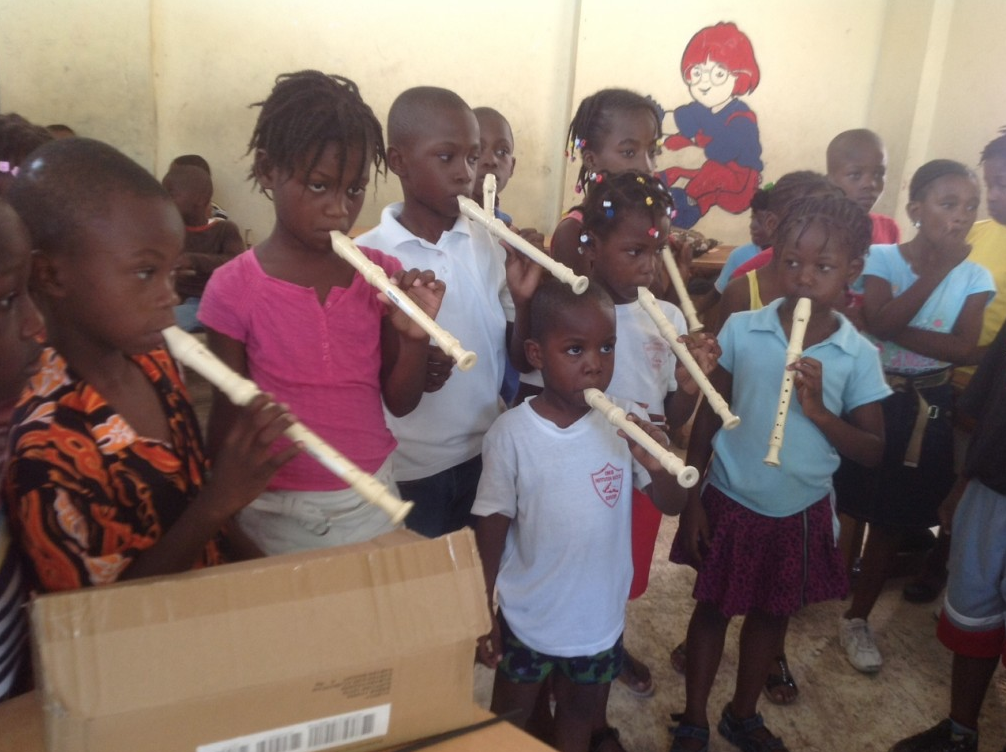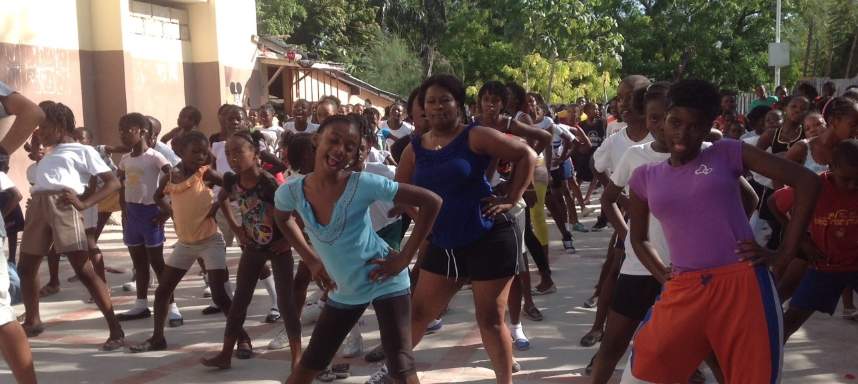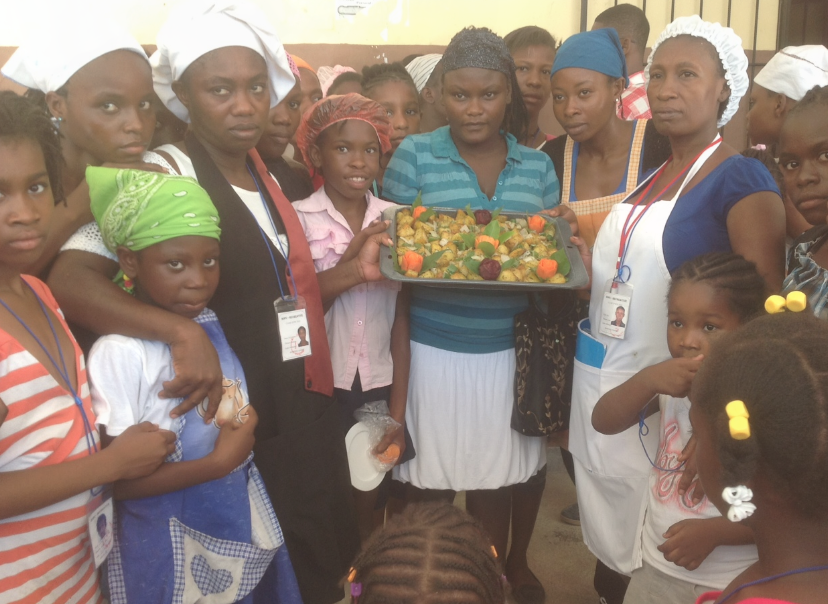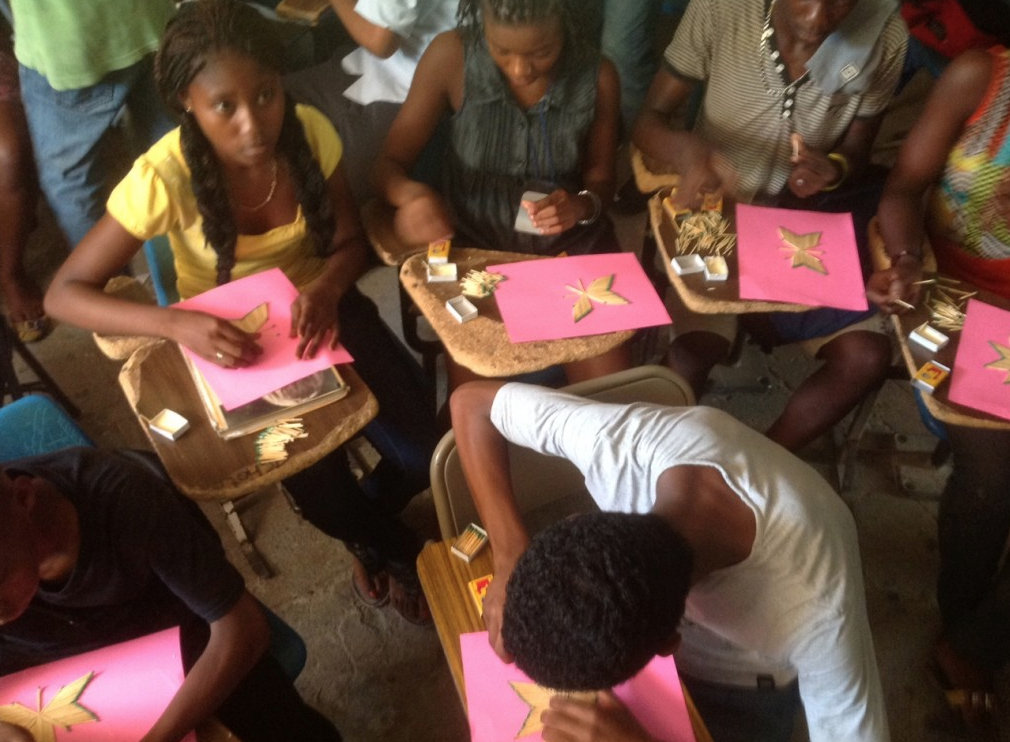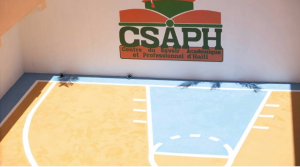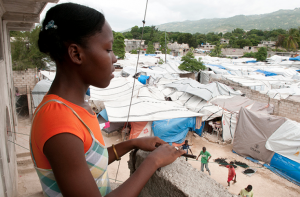By: Ryan Sawatzky
Original Post, August 2013
The proverb, “All work and no play makes Jack a dull boy”, refers to the fact that incessant labour with no leisure time makes a person boring. I would argue that it could go on to say that a person in indefinite laborious motion has their physical, mental and spiritual gears worn down, making creativity and joy a near impossibility. Decisive and critical thought is halted with the onslaught of physical and psychological stress. Maybe not stress due to the basics of natural survival, but with the threat of ones extinction. Stress, which is the release of adrenaline, was meant as a short term fight or flight mechanism to protect ourselves from natural dangers and predators. But in todays culture, these stress factors are becoming chronic due to instability in family and communal bonds and economies, which pitch and yaw almost nonsensically.
However for us and our children in the first world, extracurricular physical and creative activities dot our daily lives and serve to be a distraction and a stress release. Not only do hobbies such as ceramics, soccer, cooking, book clubs, language, pick up hockey, day camps and so on, provide reprieve from our realities, but serve to connect community and to expand our skill base and our world just a little bit more.
The rat race that is our lives can be a burden factor to say the least, but Haiti’s stresses, economic or otherwise – at least primarily for the sons and daughters of Africa – have been dire for the past five hundred and some odd years. Even when the slave uprising procured Haiti’s place in history as the first independent black republic, national and imperial powers have consistently thwarted the people of Haiti’s ability to find their own way and thrive.
And so after two hundred years of independence, the vast majority of Haitian’s have to contend with modes of survival that really makes our problems seem… well, first world! Morning to night, working to make just enough to feed your family on an semi-regular basis, economy, politics, government and the health of the population perpetually imploding, and social services next to nil unless you have the money. Even then, these services that primarily tend to the middle class and the elite are not immune to the vulnerabilities the rest of the country faces. It really is enough to make anyone want to throw their hands up in defeat.
But what of their reprieve from this drudgery? It hardly seems reasonable with their incessant daily grind that they could accommodate any such leisure time. And for many, this is all to true. Life is point A to Z with no time to lift their heads in between.
SOPUDEP Director Réa Dol and her staff have had a growing awareness to achieve a work and play balance with their students. Education is not only words in a book, but is also experiential. Without the latter, it would be near impossible to expand the mind and gain real insights into life. In a manner of speaking, education needs to be good for both the mind and for the soul.
No time in SOPUDEP’s short history was this more prevalent than following the earthquake. When the school reopened its doors in March 2012, Rea sought to find a way to reintroduce her student’s to a daily routine while relieve the traumatic stresses they now faced. She would dedicate the first two weeks to nothing but play. Singing, dancing, games, and sport all played a roll in the students introduction back to school. Just two months prior, these students lives were turned upside down in immeasurable ways and all experienced some kind of loss; either through the death of family and friends, a home reduced to rubble, physical trauma, or all of the above. Leisure is what Rea knew they needed more than any kind of structured learning. They needed a chance to just be! It turned out that what was good for the student’s was also good for SOPUDEP’s staff.
For the most impoverished of SOPUDEP’s students, namely those of the schools afternoon session – who many of you already know live and work on the street – it is for these children especially that Rea has tried to offer ways to relax and have fun. She has given these kids some peace from their everyday life is by getting them away from the suffocating urban environment and reconnecting them with nature. This of course has been brought to fruition because of international friends who have donated their time and money to provide these field trips. These trips are usually to the sea, and in the case of their last travel, to a river. Taking them to the water is not by coincidence, but a clear way to give these kids literal means to remove the weight of themselves and in turn the world of problems they carry, even for just a few hours.
Splashing in the water has even become an annual event at SOPUDEP school for the little ones. For three years now, during Haiti’s Flag Day celebrations in May, inflatable pools (provided again by generous supporters) are dispersed throughout the schools courtyard. On the one hand, it is meant to be a day of fun, on the other it is SOPUDEP’s attempt to breakdown class boundaries. Yes it is only the elite of the country that have swimming pools, but more than that, for the urban poor, water is either a source of need and survival, or especially now in the case of cholera, death and disease. Rarely is it a source of fun and relaxation.
This summer, SOPUDEP wanted to take their expanding vision for extracurricular activity into the creation of a summer camp. That is exactly what they did. Three hundred and fifty children are in attendance for this inaugural year. The program is sponsored by international donors, including Half the Sky from New York, which is filming a documentary on females in Haiti. They also have volunteers from the Lesly Brezault for Music and Arts Foundation and the HELP organization. Twenty senior students are also volunteering to help run the program.
Dance, music, aerobics, arts and crafts are provided, but they are also using this time to further the vocational skills of the students through cooking, sewing, carpentry, and French and English classes. The pictures Rea has provided below ultimately say more that I can. What Rea has told me however, is that they are all having a lot of fun! Rea will hold a fair at the end of summer camp to sell the students art to buy more supplies and set up a small art store for SOPUDEP’s students.
We must thank those who continue to provide funding to keep these programs running; educational or otherwise. A new school year approaches and it will be important that the school continues to function as a quality institution of learning for those who lack the means to go to traditional tuition based schools that are far too expensive for the average Haitian. But just as important, we must recognize how imperative recreation is as a counterpoint to work and support these initiatives too. For these children, it will be one of the secrets to their successes.
Many of SOPUDEP’s students have expressed their desire to work hard to improve their conditions and the conditions of their country. Desire must come from joy and joy must come from a life seen as worth living and a world worth living in. SOPUDEP provides, at the very least, a glimpse into a life where the world is not just a never ending struggle, but one that also includes beauty and peace, where the mind can be free to imagine a reality balanced among equality, prosperity, and harmony with others and the world in which we live.
